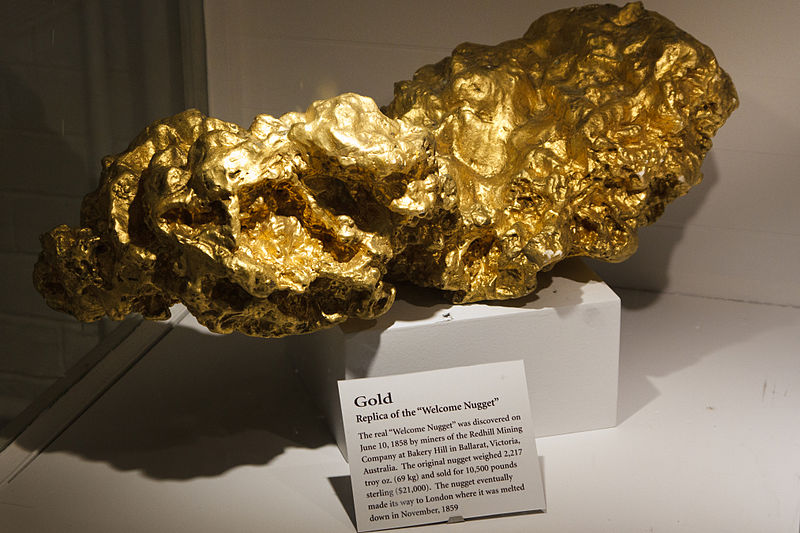
Mining plays a crucial role in our modern society, providing the raw materials necessary for various industries to thrive. One of the key aspects of mining is the extraction of minerals from the Earth's crust. In this article, we will delve into the fascinating world of mineral mining, exploring the types of minerals typically mined and their significance in different industries.
- Metallic Minerals:
Metallic minerals are a vital component of many industrial processes. They are typically mined from ore deposits, which are concentrated sources of valuable minerals. Some commonly mined metallic minerals include copper, iron, gold, silver, and aluminum. These minerals find applications in construction, electronics, transportation, and manufacturing industries. - Energy Minerals:
Energy minerals, also known as fossil fuels, are essential for meeting the world's energy demands. Coal, oil, and natural gas are the primary energy minerals extracted through mining. These resources power our homes, fuel transportation, and drive industrial processes. However, the environmental impact of extracting and using these minerals has led to a growing focus on renewable energy sources. - Industrial Minerals:
Industrial minerals are non-metallic minerals that are widely used in various industries. They are typically mined for their physical and chemical properties. Examples of industrial minerals include limestone, gypsum, salt, clay, and silica. These minerals are utilized in construction, agriculture, manufacturing, and pharmaceutical industries, among others. - Precious and Semi-Precious Minerals:
Precious and semi-precious minerals hold significant cultural, aesthetic, and economic value. Diamonds, rubies, emeralds, and sapphires are some of the precious minerals mined for their beauty and rarity. These gemstones are used in jewelry and adornments. Additionally, minerals like quartz and amethyst are highly sought after for their unique properties and use in various industries. - Rare Earth Minerals:
Rare earth minerals are a group of elements that are crucial for modern technologies. They are used in the production of electronics, renewable energy technologies, and defense systems. Despite their name, rare earth minerals are relatively abundant in the Earth's crust. However, their extraction and processing pose environmental challenges due to the complex nature of their ores.
Conclusion:
Mineral mining is a complex and vital industry that fuels economic growth and technological advancements. The extraction of minerals, ranging from metallic to industrial and precious minerals, serves as the foundation for various industries. As we continue to rely on these resources, it is essential to balance the economic benefits with sustainable mining practices to minimize environmental impacts. By understanding the significance of mineral mining, we can appreciate the intricate relationship between nature, industry, and human progress.




